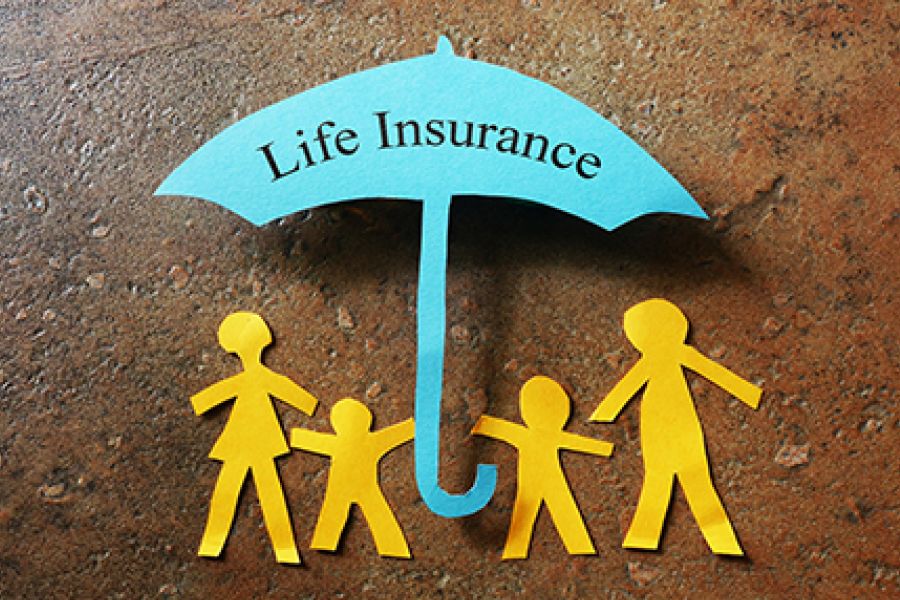If you have a life insurance policy, you may want to ensure that the benefits your family will receive after your death won’t be included in your estate. That way, the benefits won’t be subject to federal estate tax. Current exemption amounts For 2021, the federal estate and gift tax exemption is $11.7 million ($23.4 million for married couples). That’s generous by historical standards but in 2026, the exemption is set to fall to about $6 million ($12 million for married couples) after inflation adjustments — unless Congress changes the law. In or out of your estate Under the estate tax rules, insurance on your life will be included in your taxable estate if: Your estate is the beneficiary of the insurance proceeds, or You possessed certain economic ownership...






